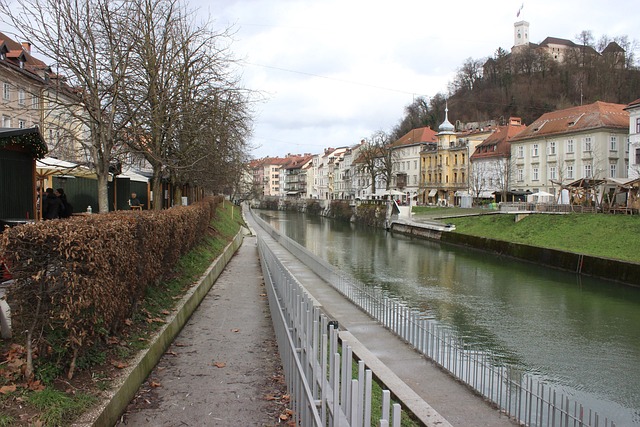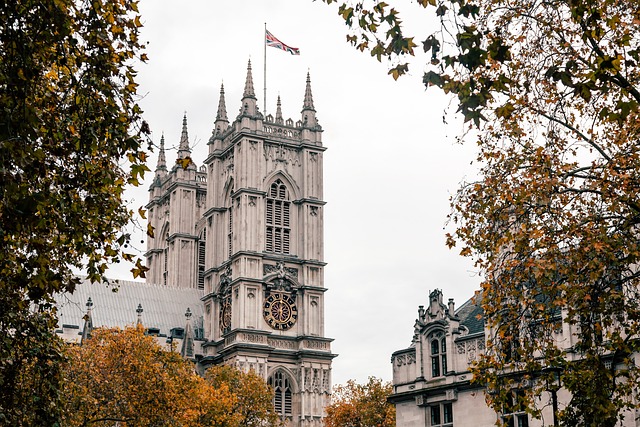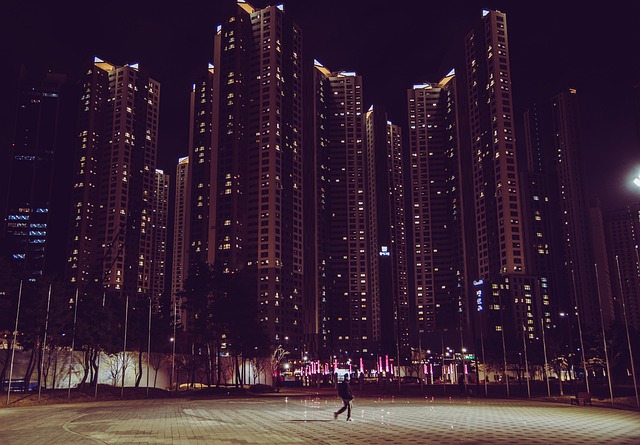Karachi, Pakistan's economic hub, faces severe water supply challenges due to rapid urbanization, climate change, outdated infrastructure, and inefficient distribution. These issues are particularly acute in low-income areas like Amil Colony, where residents experience sporadic availability, inconsistent flow, and poor water quality. To address these problems, collaborative efforts are needed among local authorities, communities, and private sector entities for tailored management strategies and infrastructure upgrades. Advanced water treatment technologies and strategic network development hold promise for a more reliable and healthier water supply in the future.
Karachi, Pakistan’s bustling metropolis, faces significant challenges in its water supply system, particularly in areas like Amil Colony. This article delves into the complex web of issues plaguing the city’s water distribution, focusing on the current state of resources in Amil Colony. We explore key factors impacting water quality and availability, analyzing historical trends and proposing sustainable solutions for a brighter future. Understanding these challenges is crucial for Karachi’s overall development.
- Understanding Water Supply Challenges in Karachi
- The Current State of Water Distribution in Amil Colony
- Key Factors Affecting Water Quality and Availability
- Proposed Solutions and Future Prospects for Improved Water Supply
Understanding Water Supply Challenges in Karachi

Karachi, Pakistan’s economic hub, faces unique water supply challenges due to its rapid urbanisation and climate variability. The city’s water resources have been under strain, leading to frequent water shortages and poor water quality, particularly in low-income areas like Amil Colony. These issues are exacerbated by outdated infrastructure, inefficient distribution systems, and increasing demand from a growing population.
The intricate network of water supply in Karachi is further complicated by seasonal variations, with prolonged droughts followed by intense rainfall events that strain the city’s already limited resources. This instability necessitates innovative solutions to ensure sustainable water supply for all residents. Addressing these challenges requires collaboration between local authorities, communities, and private sector entities to implement efficient management strategies and infrastructure upgrades tailored to Karachi’s specific needs.
The Current State of Water Distribution in Amil Colony

In Karachi, the water supply system in Amil Colony has been a topic of interest and concern for residents and authorities alike. The current state of water distribution in this vibrant neighborhood is characterized by sporadic availability and quality issues. Residents often face challenges with inconsistent water flow, leading to frequent interruptions in their daily routines, from basic hygiene practices to running household appliances.
The outdated infrastructure and insufficient maintenance have contributed to these problems. Pipelines in some areas are old and brittle, leading to leaks and wastage of this precious resource. Moreover, the lack of proper monitoring and regulation has resulted in water contamination concerns, with reports of strange odors and discoloration in certain parts of the colony. Such issues underscore the urgent need for modernization and better management of Karachi’s water distribution network, ensuring a healthier and more reliable supply for all residents.
Key Factors Affecting Water Quality and Availability

In Karachi, the water supply system faces several challenges that directly impact the quality and availability of drinking water for residents in areas like Amil Colony. Key factors affecting water quality include aging infrastructure, which can lead to contamination from leaks and corroded pipes, and improper waste management practices that pollute nearby water sources. The rapid urbanization of Karachi has put immense pressure on existing water resources, resulting in reduced water pressure and intermittent supply in many areas, including Amil Colony.
Additionally, climate change is exacerbating water scarcity, with prolonged droughts and unpredictable rainfall patterns. These factors, combined with the growing demand for water due to population growth, present significant challenges in ensuring a consistent and safe water supply. Effective management of these issues requires regular maintenance and upgrades to infrastructure, as well as robust waste management policies to protect and preserve Karachi’s water resources for future generations.
Proposed Solutions and Future Prospects for Improved Water Supply

The future of water supply in Amil Colony, Karachi, looks promising with several proposed solutions aimed at enhancing access and quality. One key prospect is the implementation of advanced water treatment technologies, which can ensure a more sustainable and cleaner water source for residents. By adopting innovative filtration systems and purifying techniques, the community can bid adieu to waterborne diseases and contaminations that have long plagued the area.
Additionally, expanding the distribution network through strategic infrastructure development will be pivotal. This includes repairing and upgrading existing pipes, as well as installing new ones, to minimize leakages and ensure a more efficient delivery system. With these improvements, Karachi’s Amil Colony can look forward to a more reliable and consistent water supply, fostering a healthier environment and improving the overall quality of life for its inhabitants.
Karachi’s water supply challenges demand urgent attention, especially in areas like Amil Colony where access to clean and safe water remains a significant issue. By addressing the key factors affecting water quality and availability, implementing proposed solutions, and embracing future prospects, the city can look forward to a more sustainable and reliable water supply system. This is crucial not just for the health and well-being of its residents, but also for the overall development and prosperity of Karachi.





Leave a Reply
You must be logged in to post a comment.